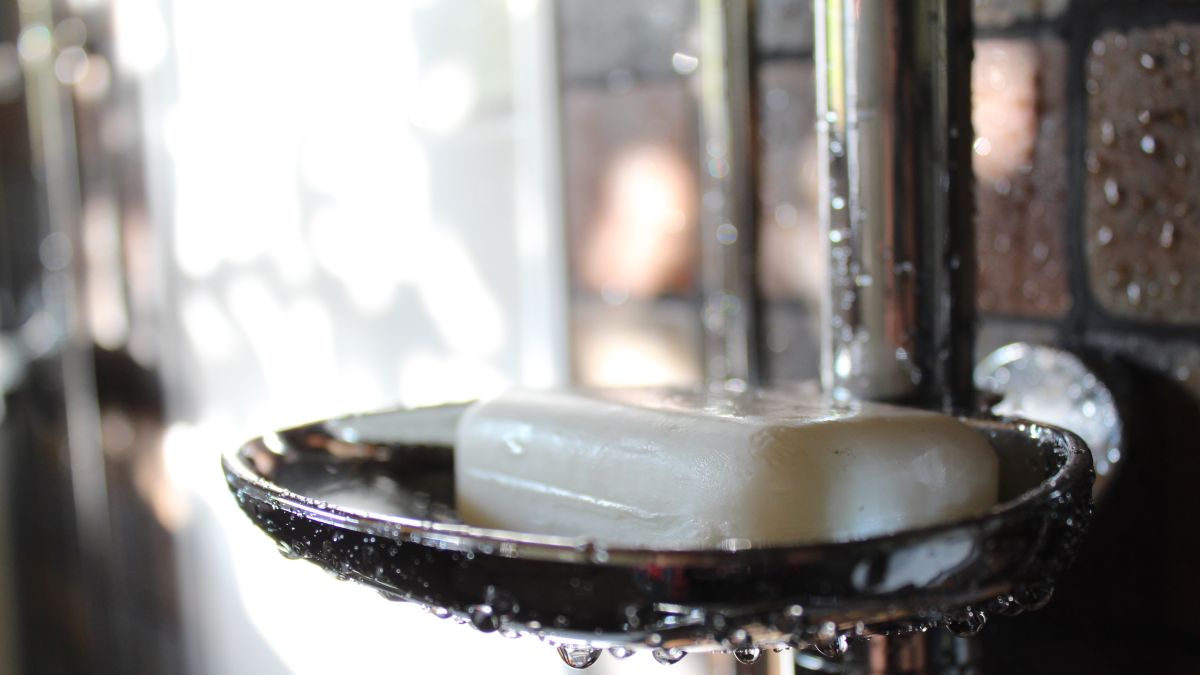Water heating accounts for about 20% of a household’s (gas heated) annual bill – that’s £135 on average. And each UK household uses – on average – around 330 litres of water every day.
Using less water means heating less water, which means saving energy and money. Here’s some tips to get you on your way.
Keep it Clean
Even though your typical working day is all change, it’s widely recommended that you should stick to your daily routine as best as you can. This will likely include a daily scrub up.
It’s a matter of preference, and many enjoy a good long soak, but showers are typically more water and energy efficient than baths. That, of course, depends on how long you spend in the shower.
The shorter the shower the better; five minutes or less if you can. Check your playlist – most songs are three to five minutes long. Race your favourite tunes.
Just one minute less under the spray every day saves cuts £7 off your energy bills per person, per year. If that’s a family of for, they’d save 9,600 litres of water a year, and 150kg CO2.
Ts and Cs Apply
How many cups of tea or coffee do you drink in a day? In the UK it’s estimated that we drink 165,000,000 cups of tea every day. That’s 20 Olympic-sized pool of the stuff. Coffee? That’d be 95,000,000. Wow.
You’d maybe grab a coffee from a café en route to the office and/or have a brew when you get there. But with no café or office, it’s all on your humble kettle.
It’s energy saving 101 but still a tip too readily ignored – only fill up your kettle as much as you need to. It’ll save you energy (and around £6 a year) and it’ll come to the boil quicker. That leaves you more time to savour it.
Measure it out exactly by using your mug to pour the water into the kettle and you’ll boil precisely what you need. Happy drinking!
You can find out more about how cutting your water (hesting) use by giving our Home Energy Scotland advisors a call on freephone 0808 808 2282 or emailing advice@ne.homeenergyscotland.org.
We’ll be back next week with more tips on saving energy while working from home!
Money and carbon savings figures from the Energy Saving Trust and Scottish Water. Figures are based on fuel prices as of April 2019.











